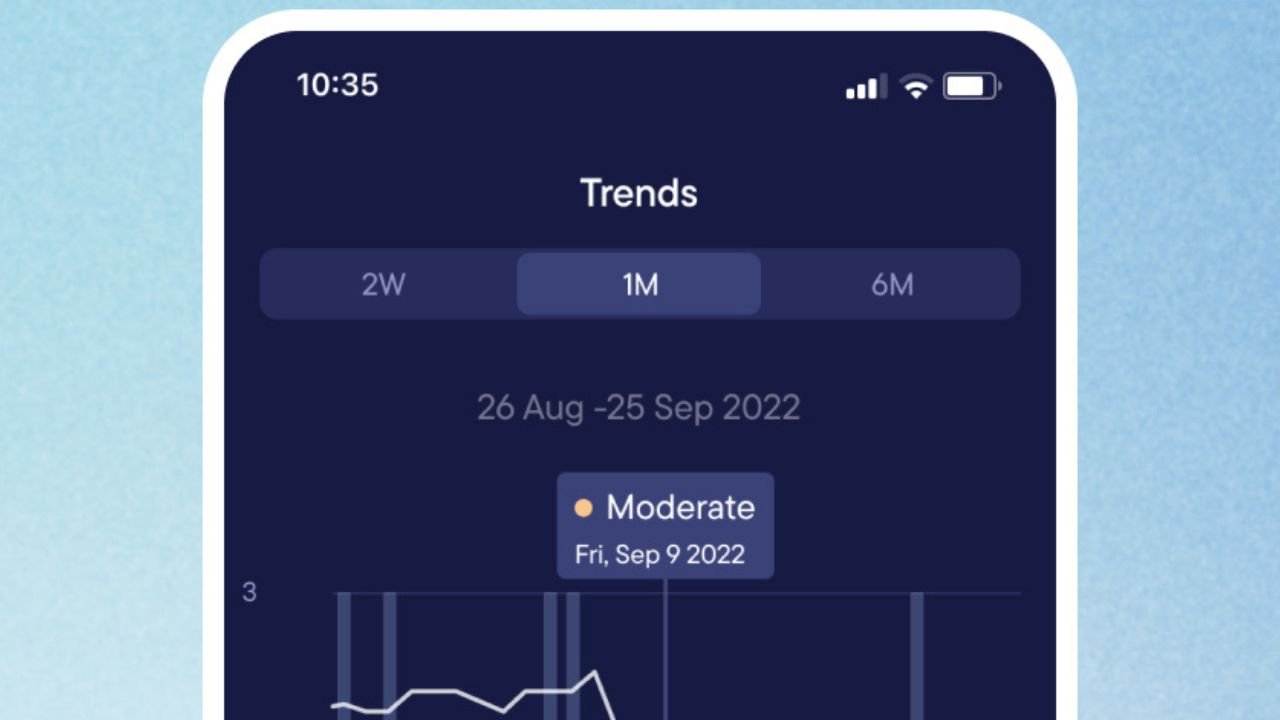CEO and co-founder Harry Leeming started London-based Visible to tackle a problem he knows only too well.
In 2020, while aged 29 years old, Leeming fell ill with COVID-19, and didn't feel right once the initial sickness had left.
In the pandemic's early days, society knew little about the virus's long-term impact. Since then, we've come to know Leeming's condition as "Long Covid", a broad umbrella covering perennial symptoms like fatigue, palpitations, dizziness and rashes.
Given his experience, Leeming decided to launch his health wearables startup Visible to monitor Long Covid through the use of fitness tracking devices worn by the patient.
He still favours talent with personal knowledge of his health condition, or other fatigue diseases that lack effective treatments.
On its Twitter, Visible says around half of its team either have Long Covid or other long-term diseases, like the Ehlers-Danlose and chronic fatigue syndromes (CFS).
Now Visible is announcing a $1m raise for its inaugural round of funding, a pre-seed featuring boutique VC Calm/Storm, Octopus Ventures and Hustle Fund, as well as "strategic angels."
This winter, even as the threat of the pandemic has receded, many more will be diagnosed with Long Covid after catching the virus. Already, an estimated 100 million people globally are thought to have the condition.
Visible's app connects to wearables like Fitbits to track a specific fatigue symptom of Long Covid, known as post-exertional malaise.
The startup says the only "known strategy" for exertional malaise is known as "pacing," where the patient is encouraged to find a rhythm that alternates resting and appropriate levels of activity.
With its app, Visible can also help patients employ pacing strategies more effectively, as well as treating similar chronic fatigue-causing diseases, like CFS and Fibromyalgia.
So far, 4,000 people have joined waitlists to download the app, expected to go live today on Google and Apple smartphone app stores. Also, Visible is marketing a bundle, Visible Plus, offering customers a wearable device as well for a monthly subscription, helping to reach patients on lower incomes.
Octopus Ventures' Kirsten Connell noted the Visible concept had managed to extend the use of fitness tracking software, today mainly deployed by athletes or workouts, rather than for day-to-day health management.
"Current tracking platforms are all designed for athletes - they incentivise workouts and exercise, not rest and pacing," said Connell.
"However, the adoption of wearables amongst people living with chronic illness has grown exponentially over the last three years.
"We’re incredibly excited to be joining Visible on their journey to creating a new category of disease management - activity tracking for illness, not fitness.”



Would you like to write the first comment?
Login to post comments